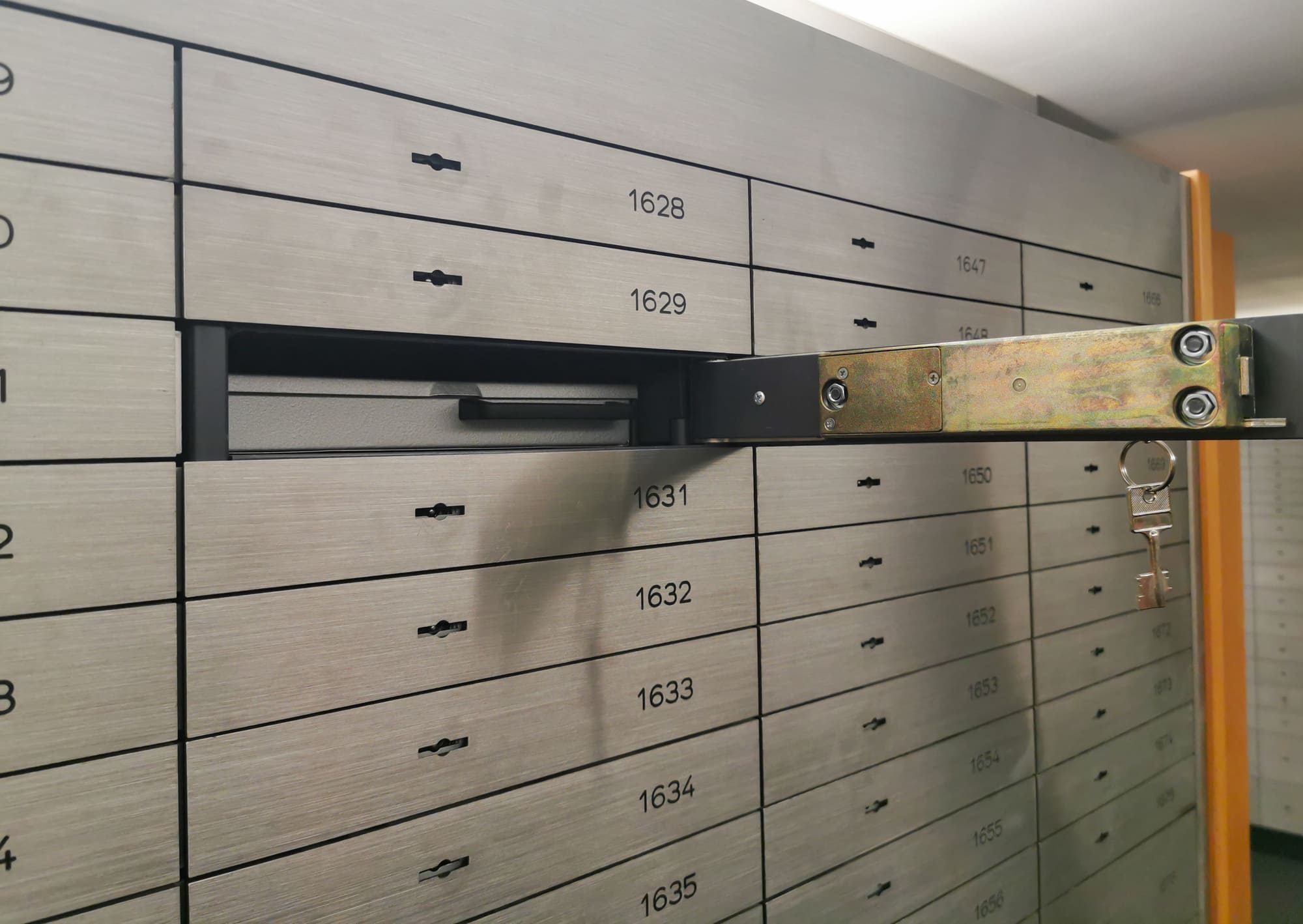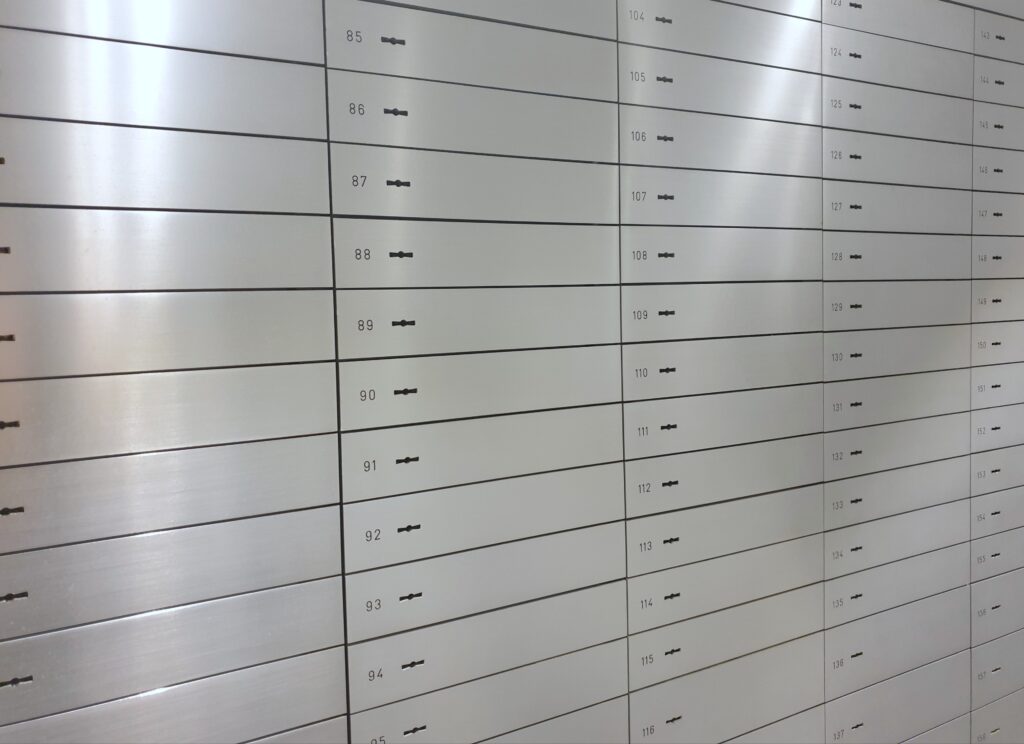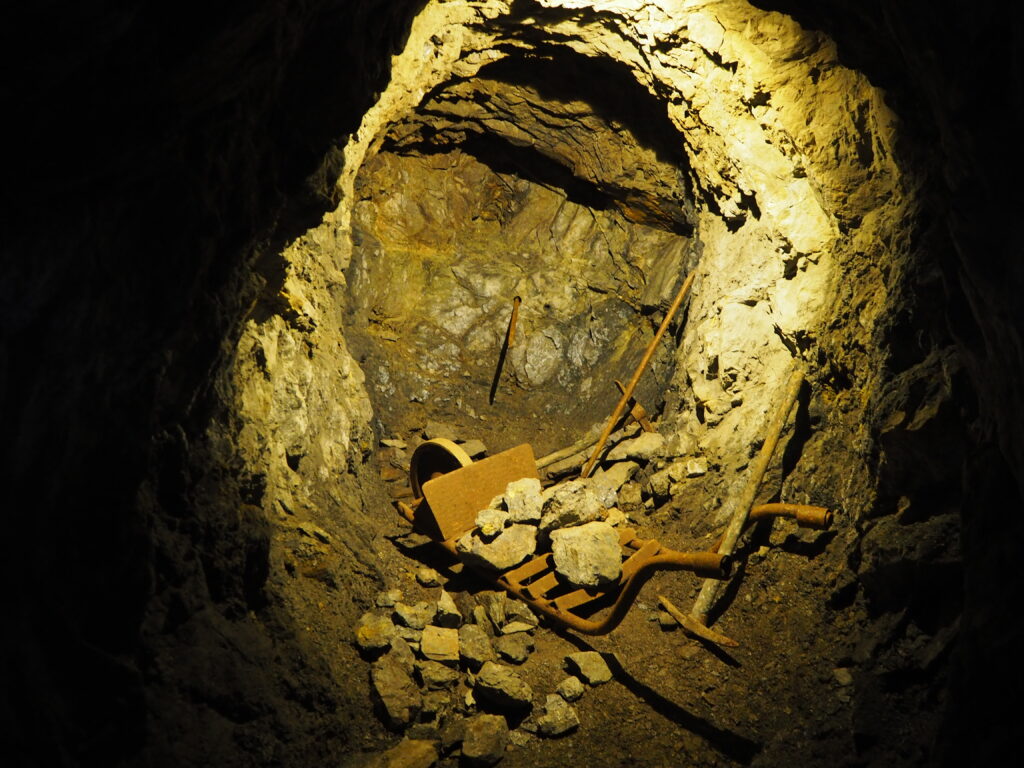External key depositories for safe deposit boxes
Additional information > Series of articles: All about safe deposit boxes > A secure key safekeeping for safe deposit box keys
How and where can you store your safe deposit box keys securely?
Whether it’s precious metals, valuable jewellery or important documents, the safest place to keep such assets is in a safe deposit box with a specialist provider. Only the owner has keys to access the safe deposit. But where should you safekeep the keys, which must be available yet also totally secure? What could be better than safekeeping your safe-deposit keys inside the storage facility? But does this really make practical sense?
Practical key racks and storage boxes often kept in the entrance area of your own home are ideal for storing standard house keys and car keys. Bowls standing on a shelf or on a dresser are another popular option. However, whilst this is a proven effective solution for apartment keys, the same won’t necessarily apply to safe deposit box keys. Last but not least, there is the visual aspect to consider: These keys tend to look like safe keys, which makes them easy to identify. That’s why a less obvious storage method is recommended.
If you wish to store such keys at home, then you should consider a compact key safe, or a key safe that can be hidden on, or inside, a wall. These containers are designed to hold small items and are usually opened via a numeric code. They primarily offer protection against random access attempts by unauthorised persons. However, these small safes won’t provide adequate protection against break-ins by determined professional thieves.
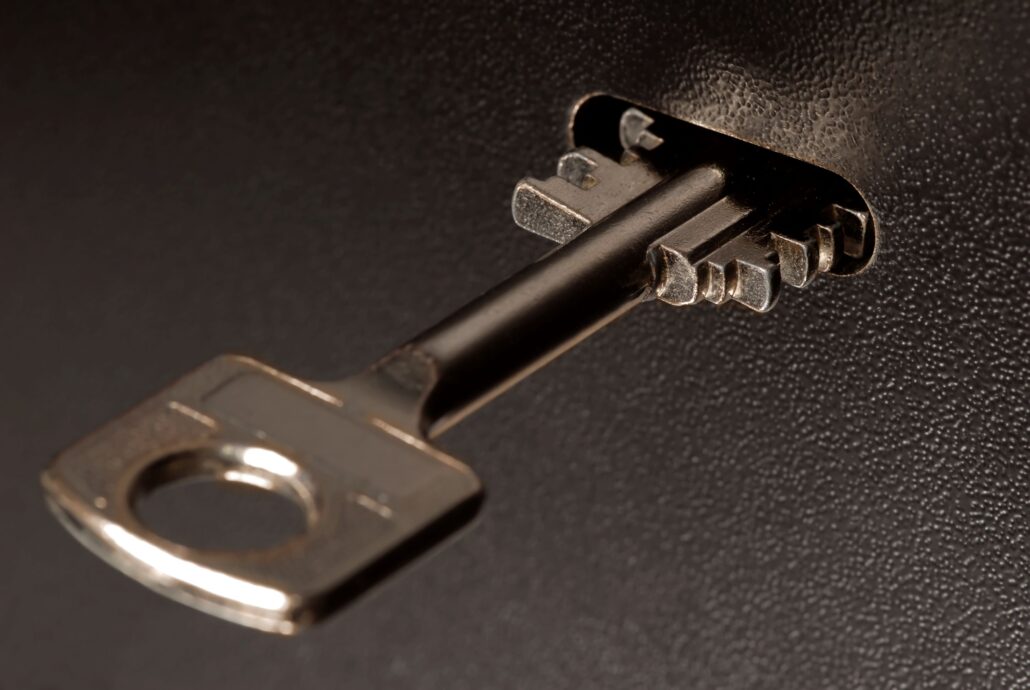
demarco © - stock.adobe.com
Using a safe deposit box: the access issue
Reputable storage companies like Swiss Gold Safe always provide their clients with all existing safe deposit box keys. There is no master key, because the absolute security and privacy of a safe deposit box is always the operator’s primary concern. This focus ensures no keys remain with the provider, and only the tenant and those authorised by the tenant can ever access the stored contents. However, this also means clients must accept full responsibility for the keys in their possession and must ensure they are stored securely at all times.
This applies equally to bank-independent safe deposit boxes in Switzerland and to bank-independent safe deposit boxes in the Principality of Liechtenstein – the locations of Swiss Gold Safe. As a specialist provider, the company offers private security safe deposit facilities for all kinds of valuables, which are available to both domestic and international clients. Modern safe-deposit systems typically provide safe deposit facilities designed to modern standards and offering the highest levels of physical security for safe deposit boxes– a mode of protection so often sadly lacking in banks today.
Clients who wish to visit their safe deposit boxes must therefore bring along one or both keys in order to be able to gain access. However, if the key has been forgotten or left at home, there is no way to open the safe deposit box on-site. In this connection, we often receive requests from clients asking us to hold safe deposit keys on their behalf. However, Swiss Gold Safe cannot comply with such requests for important security reasons. Please also see the section covering “Security aspects of depositing safe deposit box keys”.
An external key deposit for safe deposit box keys
So if you don’t want to keep the keys yourself, or are afraid of forgetting them the next time you visit your safe deposit, you can use external key storage. This could be, for example, a law firm or notary office near to the storage facility who offer appropriate safekeeping options. Many security companies also provide a key depository for safe deposit keys.
Upon request, Swiss Gold Safe can provide its safe deposit box tenants with the contact address of selected third party key safekeeping facilities. This allows clients to choose an appropriate key custodian for themselves. They can then establish contact and book custody arrangements independently, including any necessary follow-up appointments for future visits. There is no communication between Swiss Gold Safe and such third parties, and the costs of secure key storage will be determined by each respective service provider and paid directly to them.
Advantages of key deposits for safe deposit boxes
As previously discussed, the appropriate storage of safe deposit keys places certain demands on the user. Yet the keys do not necessarily have to be kept at home. What may seem complicated at first glance can quickly turn into an advantage. External storage can allow you more or less spontaneous visits to your safe deposit box – for example, if you had already planned a trip to the area.
However, you should bear in mind that independent safe deposit box providers such as Swiss Gold Safe have a minimum notice period of one working day. This lead time is necessary to ensure every client can be alone during the time they access their safe deposit – which is the only way to protect their privacy. This period also gives users an opportunity to collect their safe deposit key from their designated depository prior to their visit.
Another benefit of third-party storage is you no longer have to worry about secure storage of your safe deposit keys at home or in the office, because the providers of such key deposit facilities usually operate the strictest security measures. The central storage of safe deposit keys can also have positive benefits for those acting on your behalf. With the appropriate power of attorney, a trusted person can pick up the key from your depository and then, for example, fill your safe deposit box with additional gold bars you have ordered from a specialist retailer.
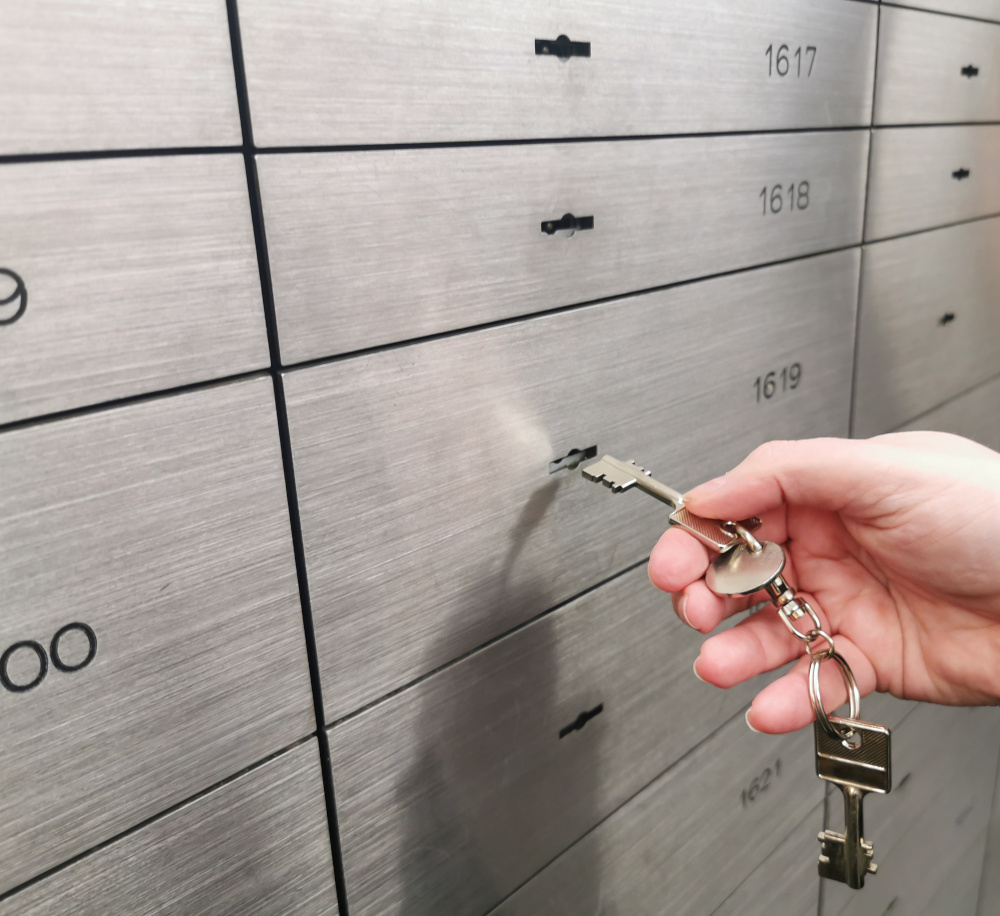
ShDrohnenFly © - stock.adobe.com
Disadvantages of a key depository
Looking at it rationally, there are also some disadvantages to using a key depository, when compared to the home-storage option. Firstly, there is the additional inconvenience of journeying to and from your key deposit provider. And then safe deposit tenants must also conclude a supplementary, fee-based custody agreement with a third party.
For any one visit to your safe deposit box, this means you must also coordinate at least two further appointments in advance with the key depository operator: One to collect the key and another to return it. In addition, as already mentioned, there is the business of arranging your appointment to access your safe deposit box. This requires a certain organisational effort on the client’s part to optimally coordinate the arrangements. However, external key depository providers are usually flexible and responsive enough to conclude the simple procedures without demanding an exceptionally long period of prior notice.
Security aspects of depositing safe deposit keys
Though the key-deposit procedure described may initially seem a little time-consuming, it nevertheless provides the greatest possible security to safeguard your safe deposit contents: Just remember the valuable assets you have stored in your safe deposit box, and remember too the safe deposit key is your only means of gaining access to them. So its extremely important your keys should never fall into the wrong hands.
It would be perhaps seem more convenient to simply deposit the keys with your safe deposit box provider, or even a local bank. However, this can entail some security risks. These options could allow third parties with insider knowledge to gain access to a customer’s safe deposit box with minimal effort, and then clear out the contents on site.
Contrast this with an arrangement with a separate custody provider such as a lawyer or notary, or a security company offering enhanced security. That’s why Swiss Gold Safe recommends this approach, and does not provide its own on-site storage facility for keys.
What happens if a key is lost?
If a key is lost, regardless of whether it has been stolen or misplaced, the loss should be reported to the safe deposit box provider immediately. For practical security reasons, the lock will then be replaced once the tenant has removed the contents. The client will be assigned a new locker with another set of keys, or else given a new set of keys for the same safe deposit facility once a new lock has been installed.
Even if there is still a second key available, continuing to use the safe deposit box without replacing the lock would simply be too great a risk. In such circumstances the client would bear the incurred cost of installing a new security lock. So using the services of an external key depository to store your safe deposit box keys significantly reduces the risk (and inconvenient consequences) of losing your keys.
Key safekeeping for safe deposit boxes – a summary
- When renting a safe deposit box, Swiss Gold Safe clients always receive every available key. There is no master key. That's why you must always have your key with you when you visit.
- From a visual perspective, your safe deposit keys betray their function, and so should not be stored at home like house or car keys.
- It’s important to store safe deposit keys securely to avoid them falling into the wrong hands. However, special key safes designed for household use offer only limited protection in the event of a break-in.
- One alternative is a special key depository for safe deposit box keys. This service is often provided by lawyers, notaries or security companies.
- It is wise to store your safe deposit keys geographically close to your chosen safe deposit facility. This also allows spontaneous visits to your safe deposit box.
- Arranging to visit your safe deposit box involves making an appointment at least one day in advance. Clients will then need to set up additional appointments to collect and return the key to the depository provider.
- For security reasons, Swiss Gold Safe does not offer an on-site key safekeeping facility for safe deposit clients, but can supply contact addresses for third party providers on request. Clients can then conclude independent custody agreements with the appropriate key custody service provider.
- If a key is lost, the lock on the safe deposit box must always be replaced for security reasons, even if there is still a second key available.




